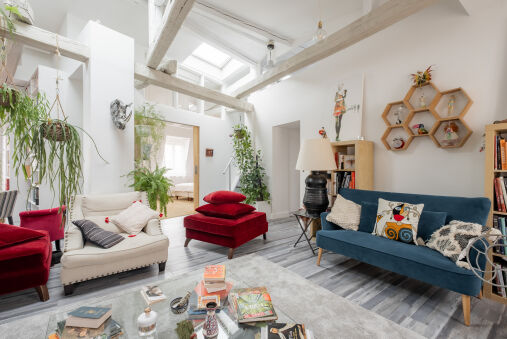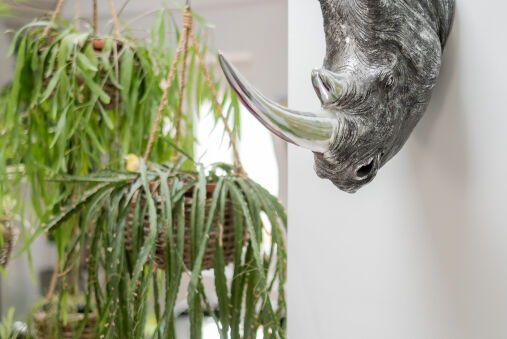Industry
Bridging the Female Funding Gap

To celebrate International Women’s Day on the 8th March, The Supper Club arranged a roundtable with finnCap founder Sam Smith and some of its high growth female members to debate attitudes to investment.
Members discussed the changing landscape for funding, how they had funded their own companies, and why it’s not always necessary to raise external finance. They also debated whether men and women have different experiences in accessing investment.
With the wealth of funding options that have emerged since the financial crisis in 2008, it’s unsurprising that members have used an array of finance solutions - from self-funding, family and friends to angel investment, bank loans, and crowdfunding.
They have also used some creative ways to raise finance. One founder offered their employees the opportunity to gain equity in the company by asking them to consider borrowing up to £50,000 from their respective banks to invest in the business. She now pays good dividends and offers them the opportunity to sell their shares back to her at a good ROI.
"It’s important that you look for investors who provide ‘Money Plus’. They need to be able to give you sound advice, introduce you to potential clients, or help drive the business in the right direction."
Sam Smith, who founded finnCap in 2007, described the funding landscape in 2018 and how it has evolved in recent years. The appetite for investing in non-listed businesses is growing. In 2011, fewer than 100 large financial institutions would consider investing in private businesses but now it’s over 300, she said. Also, that 2018 also looks set to be the best year for venture capital trust (VCT) investment on record.
Merilee Karr, Founder of UnderTheDoormat, has had success with crowdfunding. “We managed to secure 220% of our original target and now we are looking at angel or VCT investment to help us grow even further.”
However, despite innovation in growth capital, Sam warned that scaling businesses should get used to “living in the land of no”. She urged businesses to be resilient and prepare for rejection as the process of securing investment is still tough.
“If you don’t need investment, don’t take it”, said Tamara Littleton, founder of The Social Element, who has grown organically to over £10m in sales. Emma Wilson, Founder of Harvest Digital, also believes companies should focus their time and energy making their business more profitable. “I know some businesses who have gone on 8-month funding rounds which seems crazy to me when they could be improving their organic growth”, she said.
In 2016, only three out of 80 companies who made an initial public offering (IPO) were run by a woman. In 2017, despite more IPOs, a very similar number were run by women. “The three women who did IPO in 2016 also demonstrated that there were some misconceptions held by other female leaders about the range of funding sources available”, observed Sam Smith.
Research by finnCap for its Ambition Nation initiative found that one of the main reason female CEOs did not want to look for external or more traditional forms of funding was that they were put off having to present to a group of men, as well as needed a community of other female CEOs to act as role models and to help them gain confidence. It also found that potential male investors tend to ask female CEOs more questions related to risk than a man, and men are more likely to ask male CEOs about predictions for growth than they are for women.
Sam is passionate about helping female founders to overcome this fear and offers clients training in how to present to mitigate this anxiety. “In the end,” she said, “making a decision about which way to finance your company is complicated; but you need to decide what is more important to you when looking for external investment: giving away some control or being in debt.








 london
london














